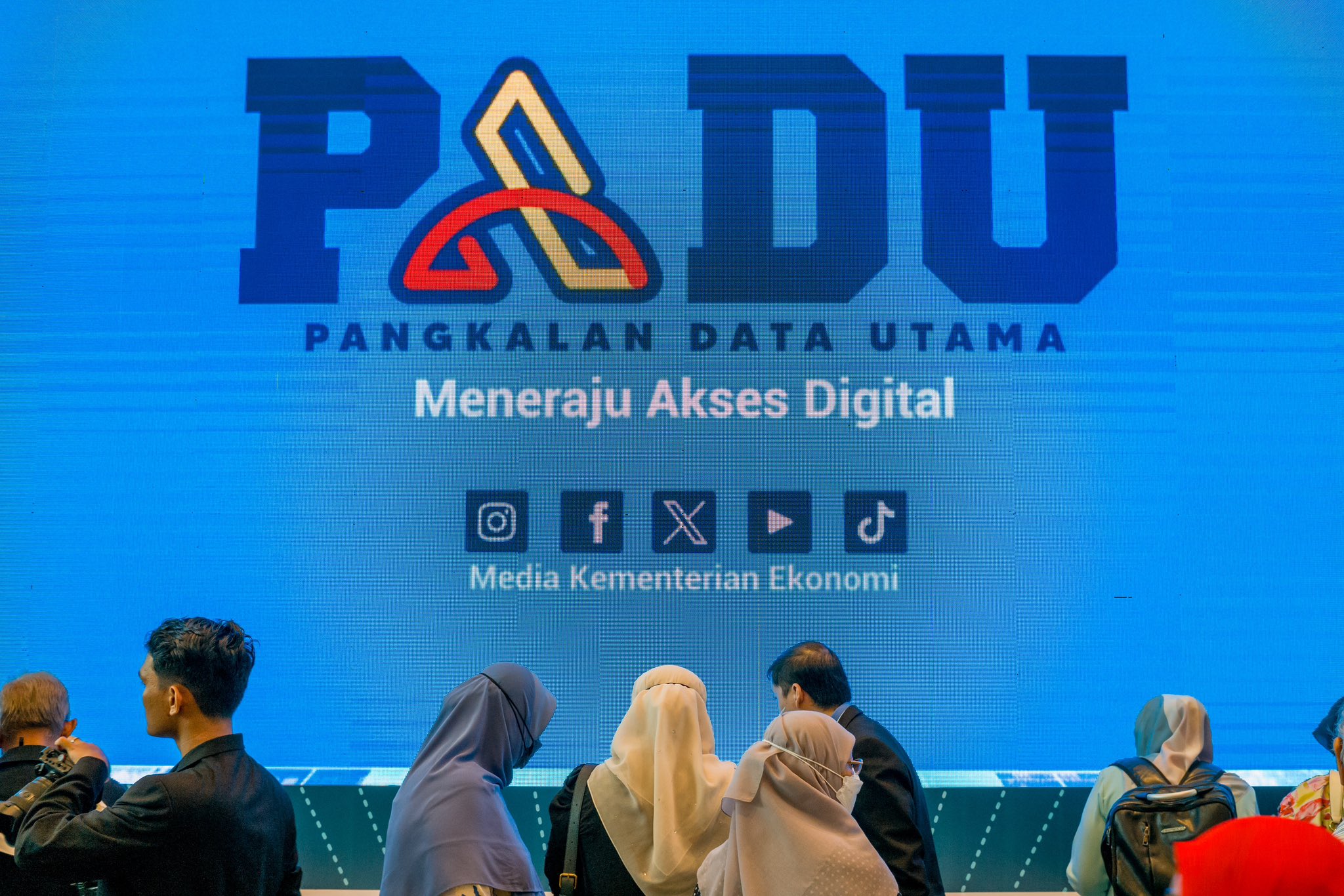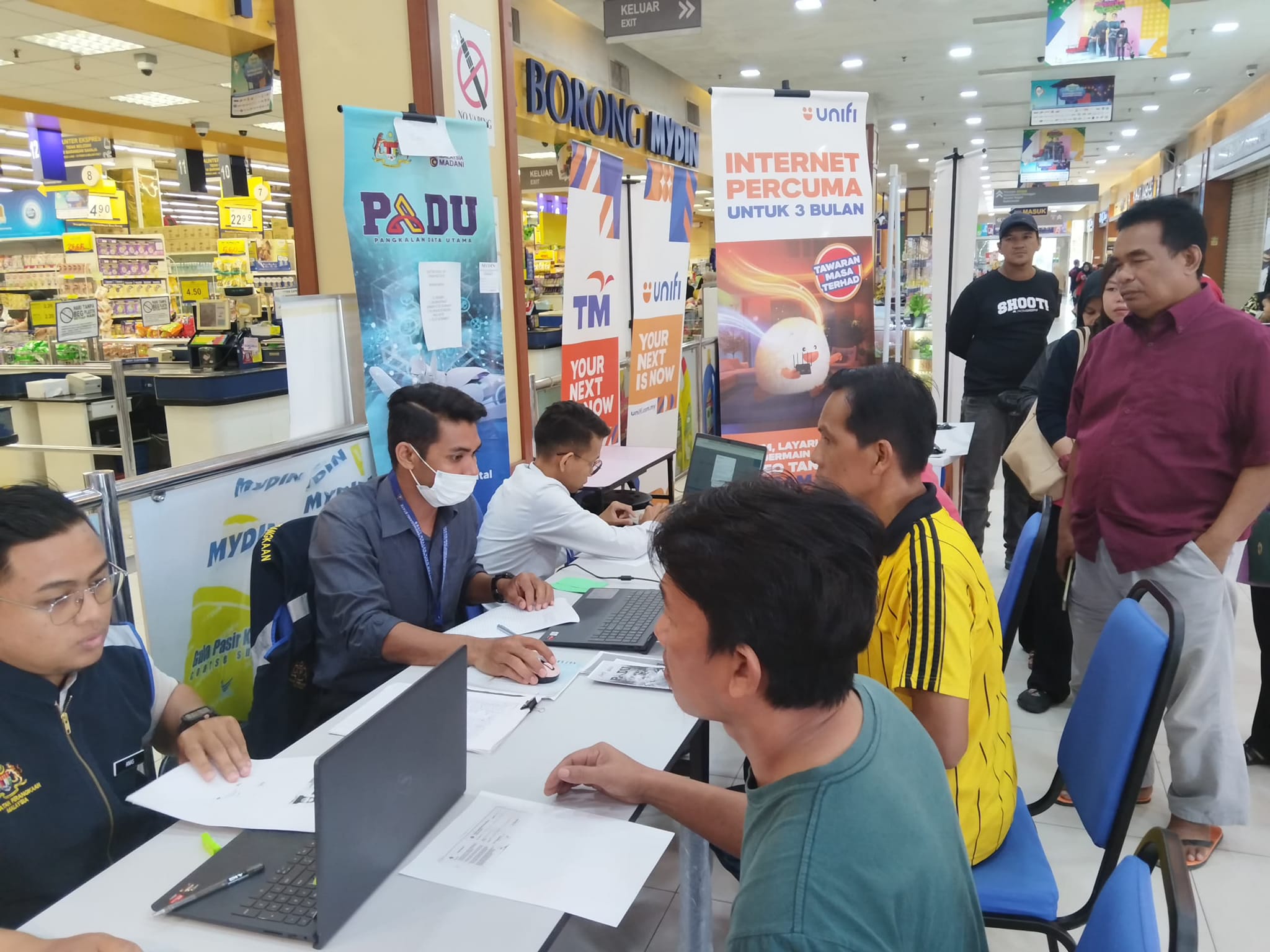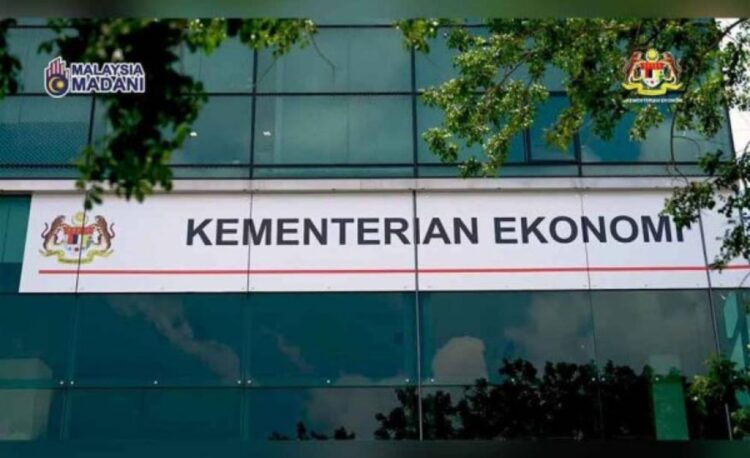In a written reply to Parliament, the Ministry of Economy (MOE) recently revealed that the government intends to shift away from the traditional B40, M40, and T20 income categories in favour of a new method based on net disposable income (NDI). This approach calculates household income after subtracting the Basic Expenditure of Decent Living (PAKW), a benchmark that reflects the monthly cost required to maintain a decent standard of living.
MOE explained that this change is aimed at ensuring more accurate and equitable targeting, with the Central Database System (PADU) playing a central role in reducing both inclusion and exclusion errors. On that note, it added that the database has successfully integrated data from 204 government agencies, updating a total of 30.4 million citizens and permanent resident profiles as of June 2025. According to the ministry, this consolidated data pool is now being used to better identify target groups for various intervention programmes, particularly in subsidy distribution.

The system’s data-sharing capability also allows for better policy planning, programme execution, and resource optimisation across government departments. Responding to questions in Parliament from Kamal Ashaari (PN-Kuala Krau) about the system’s effectiveness in managing subsidy distribution, the ministry stressed that the use of PADU enables ongoing monitoring and evaluation, increasing the accuracy of beneficiary identification.
Meanwhile, former Economy Minister Rafizi Ramli defended the platform from public criticism, particularly over its perceived absence in the government’s petrol subsidy rationalisation. He shared this via an interview with Scoops.my from earlier this month.
“PADU was never just about petrol,” he said. “If there were 10 things PADU was meant to do and it’s already doing five or six, that’s progress.”

Rafizi clarified that PADU was developed to streamline service delivery and support targeted subsidies across multiple sectors, including education, student loans (PTPTN), and cash assistance. He said the system was designed to replace years of siloed, duplicative IT infrastructure, where each ministry built and maintained its own platform, often requiring citizens to repeatedly submit the same data.
Though not yet accessible to the public, Rafizi said PADU is already in use within the government, including for initiatives such as the Digital Ministry’s single sign-on system. Describing it as a foundational element, he insisted that the database is the backbone of any effort in Malaysia’s digitisation.


